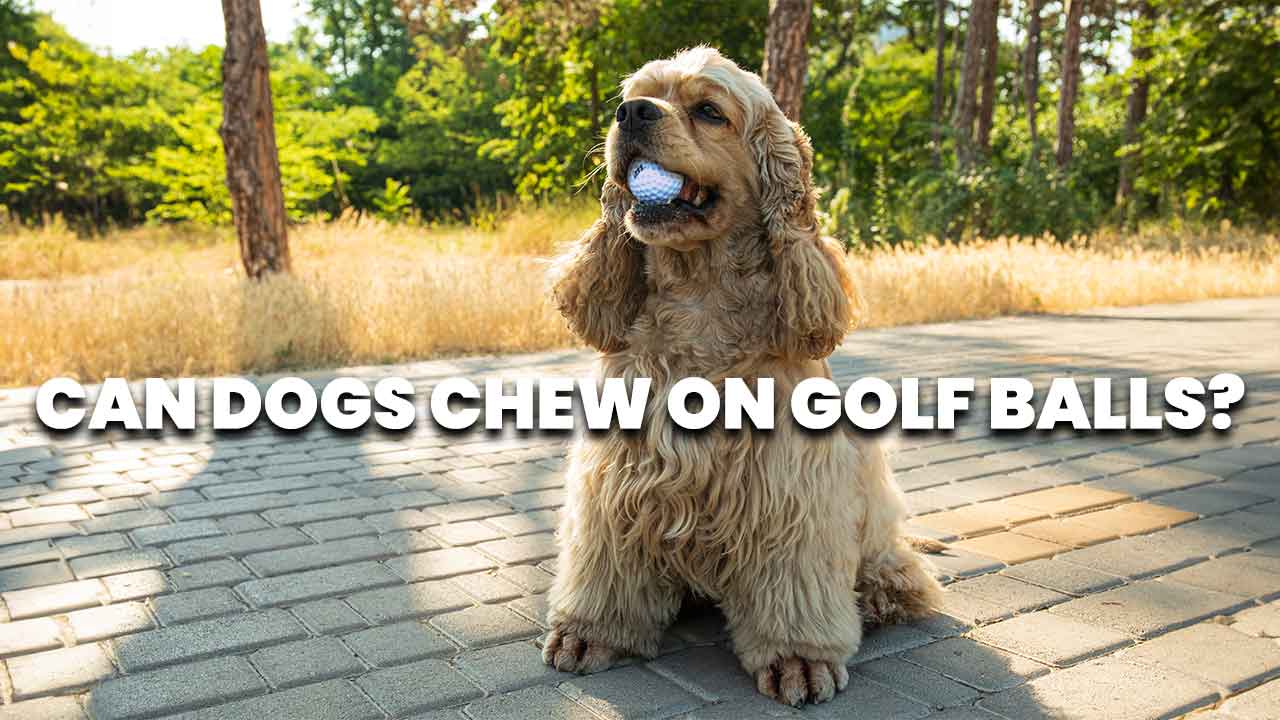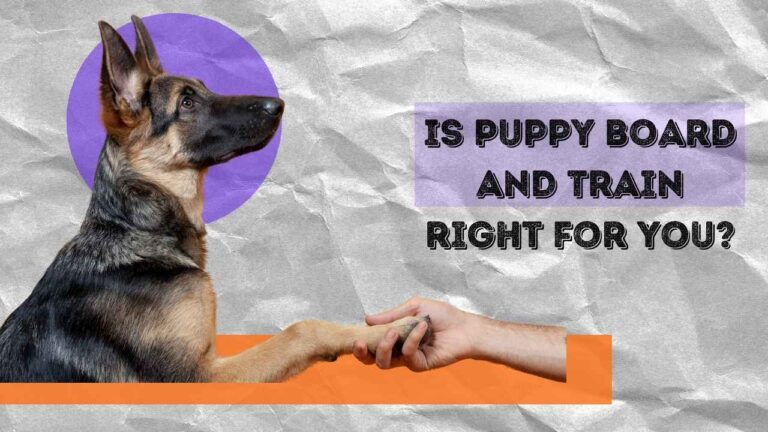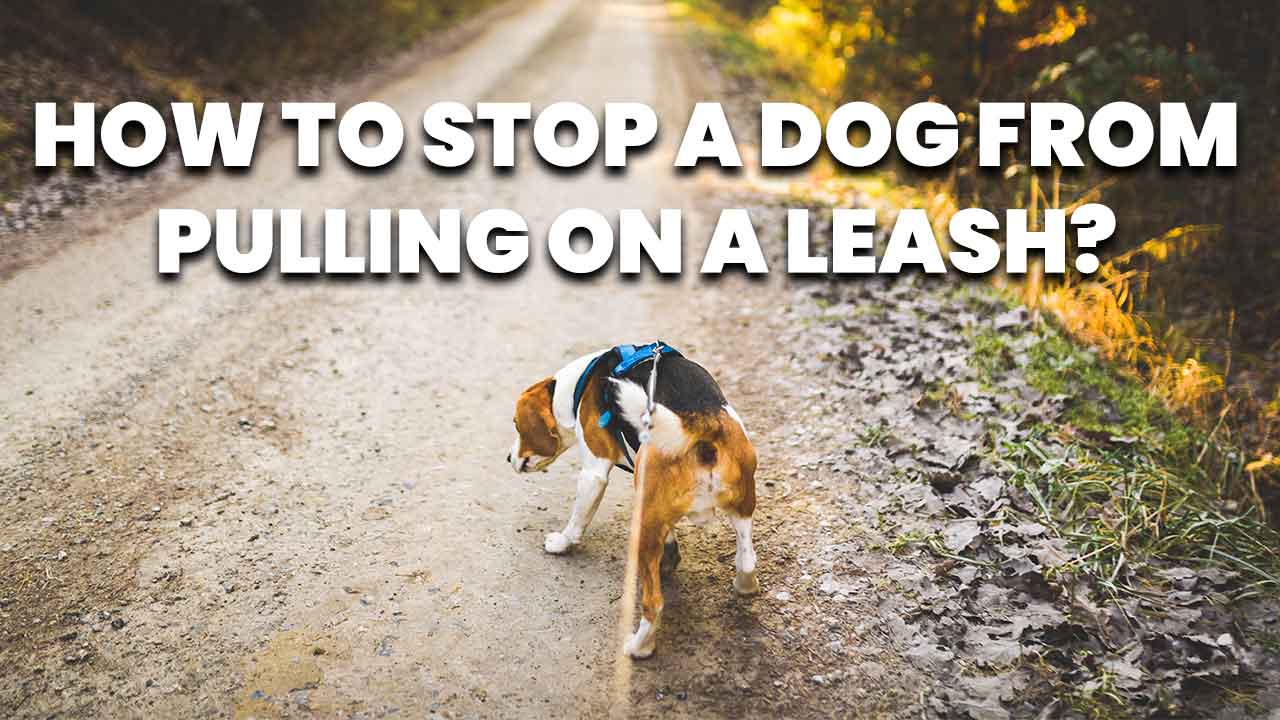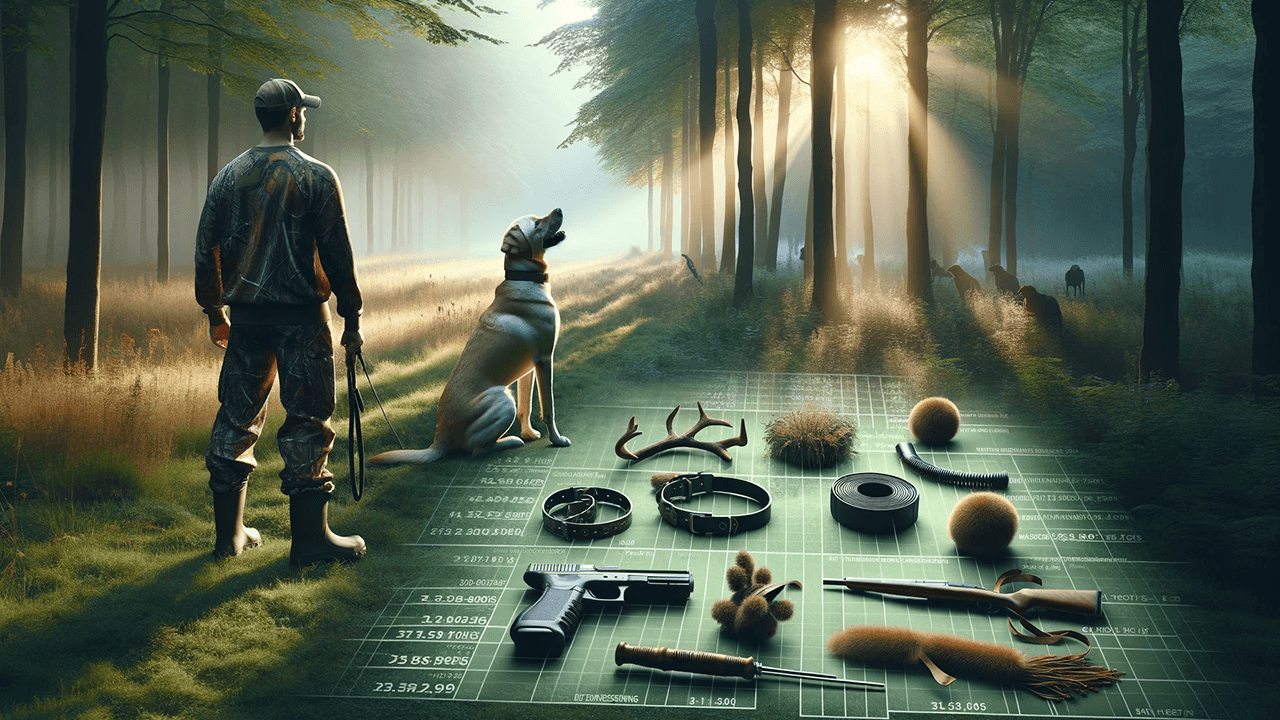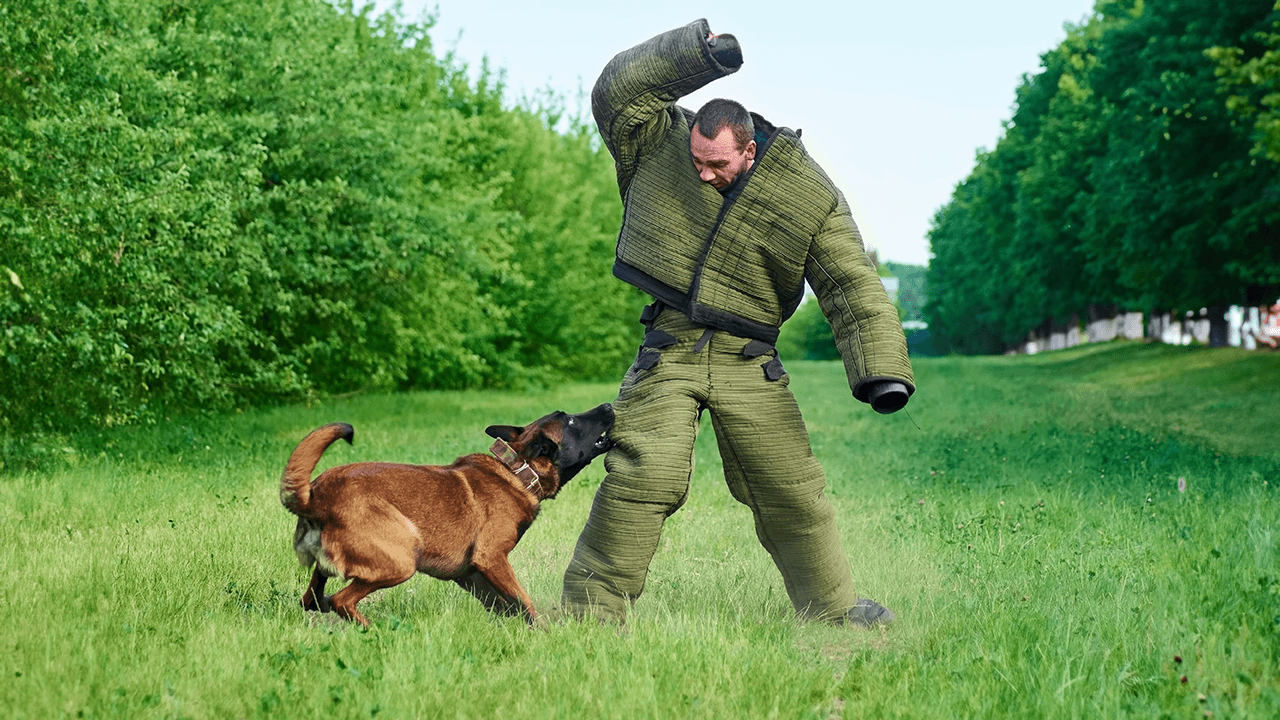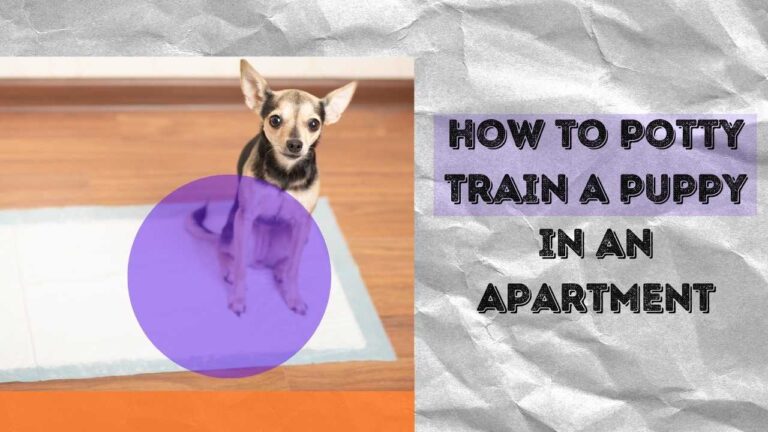Can Dogs Chew on Golf Balls?
Table of Contents
Key Takeaways: Can Dogs Chew on Golf Balls?
| Key Point | Details |
|---|---|
| Choking Hazard | Golf balls can easily be swallowed by dogs, especially large breeds, posing a significant choking risk. |
| Toxicity | Exposure to harmful chemicals in golf balls can lead to health issues like allergies and gastrointestinal problems. |
| Dental Damage | Regular chewing on hard golf balls can cause significant dental damage to dogs. |
| Gastrointestinal Blockages | Swallowed golf balls can cause serious blockages, often requiring surgical intervention. |
| Safer Alternatives | Opt for dog-friendly toys like interactive toys, soft plush toys, dog-specific balls, and tug of war toys. |
| Training and Supervision | Train your dog to avoid harmful objects and supervise playtime to ensure safety. |
| Health Monitoring | Regular veterinary check-ups and behavior monitoring for signs of distress or allergies are vital. |
Golf balls, a common item in many households, especially those with golf enthusiasts, may seem like a harmless toy for your canine companion. However, as a responsible pet owner, it's crucial to understand the potential risks associated with letting your dog chew on them. EasyDogTrainingMethods.com, a trusted resource for pet owners, delves into why golf balls might not be the safest option for your furry friend.
The Hidden Hazards of Golf Balls
Choking Risks
One significant danger of golf balls is the choking hazard they present. Dogs, especially larger breeds, can easily swallow these small objects, leading to a life-threatening situation. In an emergency, knowing how to respond is vital. Learn more about how to handle such situations in our guide on How to Calm a Reactive Dog.
Toxicity Concerns
Golf balls are not designed with pet safety in mind. They contain materials and chemicals that can be toxic to dogs. Prolonged exposure to these elements, especially if your dog tends to chew vigorously, can lead to various health problems. For insights into identifying and handling allergies and reactions in dogs, visit our article on Introducing a Reactive Dog to Another Dog.
Dental Damage
Regular chewing on hard objects like golf balls can cause significant damage to your dog's teeth. The tough exterior can wear down the tooth enamel, leading to dental issues. To prevent dental damage, opt for safer chew toys and regularly check your dog's dental health. Explore our tips on Dog Dental Care for more information.
Safer Alternatives for Your Canine
Instead of golf balls, consider providing your dog with safer, dog-friendly alternatives. Toys specifically designed for dogs are made of materials that are safe for chewing and can withstand rough play without breaking apart. Some good options include:
- Rubber Balls: Durable and safe for vigorous chewers.
- Squeaky Toys: To keep your dog entertained and engaged.
- Bouncy Balls: Perfect for active dogs who enjoy fetch.
For more ideas on keeping your dog entertained and safe, check out our comprehensive guide on Smart X 50 Dog Training.
Health Implications of Dogs Chewing on Golf Balls
Gastrointestinal Blockages
When a dog swallows a golf ball, it can lead to serious gastrointestinal blockages. This situation requires immediate veterinary attention, often necessitating surgery. For further information on dealing with such emergencies, refer to our guide on How to Stop a Dog Barking in Crate, which offers insights into managing stressful situations with your pet.
Toxicity and Allergic Reactions
The chemicals and materials used in golf balls can be toxic to dogs. Symptoms of toxicity may include vomiting, diarrhea, and lethargy. Allergic reactions are also a possibility, characterized by itching, swelling, and breathing difficulties. Understanding these risks is crucial, and our article on Teaching a Dog Not to Bark at Strangers provides further insights into recognizing and managing unusual behaviors in dogs, which can be signs of distress or allergic reactions.
Preventive Measures for Dog Owners
To prevent these health hazards, dog owners should take proactive steps:
Secure Storage of Golf Balls
Keep golf balls and other small, hazardous items out of your dog's reach. Secure storage is essential to prevent accidental swallowing. For tips on managing your dog’s environment, check out How to Train a Gluten Detection Dog – Avoid Gluten Poisoning, which emphasizes the importance of controlling what your dog can access.
Training to Avoid Harmful Objects
Training your dog to avoid certain objects is crucial. Commands like “leave it” can be lifesaving. A well-trained dog is less likely to engage with dangerous items. Discover effective training methods in our article on IGP Dog Training, which focuses on advanced obedience and can be adapted to various training needs.
Regular Health Check-Ups
Regular veterinary check-ups can help identify any potential health issues early on. For more information on maintaining your dog's health, explore our resource on Personal Protection Dog Trainer, which also includes aspects of physical health and wellbeing.
Alternative Activities and Safe Toys for Dogs
Fun and Safe Play Options
Instead of risking your dog's health with golf balls, consider these fun and safe alternatives:
- Interactive Toys: These toys stimulate your dog's mind and keep them engaged. For instance, puzzle feeders can be an excellent way to combine playtime with mealtime.
- Soft Toys: Soft, plush toys are safer for dogs to chew on and carry around. Ensure they are durable and designed specifically for dogs.
- Fetch with Safe Balls: Use balls designed for dogs, which are often made of safer, softer materials and are appropriately sized to prevent choking.
- Tug of War Toys: Engage your dog in a game of tug of war with a sturdy rope toy, which is not only safe but also helps in building your dog’s strength and bonding with them.
Safe Toys for Dogs
| Type of Toy | Benefits | Safety Tips |
|---|---|---|
| Interactive Toys | Mental stimulation, prevents boredom | Choose size-appropriate toys, avoid small detachable parts |
| Soft Plush Toys | Safe for chewing, comfort for the dog | Regularly check for wear and tear, replace if damaged |
| Dog-Specific Balls | Safe for fetch, appropriately sized | Ensure they are indestructible and free of harmful chemicals |
| Tug of War Toys | Good for exercise, strengthens bond | Use under supervision, choose durable materials |
For a deeper understanding of dog-friendly activities and toys, you might find our article on Training Dogs as Service Animals insightful, providing a broader perspective on engaging and training your dog safely.
The Importance of Regular Monitoring and Training
Consistent Supervision
Always supervise your dog's playtime to ensure they are safe and not ingesting harmful objects. Regular monitoring can prevent accidents and ensure your dog's safety. For more detailed guidance on supervision and training, our article on How Much is K9 Dog Training offers valuable insights.
Training for Safety
Training your dog to avoid certain objects and understand commands like “leave it” or “drop it” is essential for their safety. Consider professional training sessions for the best results. Our guide on Scent Train a Service Dog provides an in-depth look at effective training techniques that can be adapted for various purposes.
Conclusion
Choosing safe, dog-friendly toys and engaging in alternative activities can significantly reduce the risks associated with dogs chewing on golf balls. Remember, your dog's safety is paramount, and selecting the right toys, along with consistent training and supervision, can ensure their well-being.

